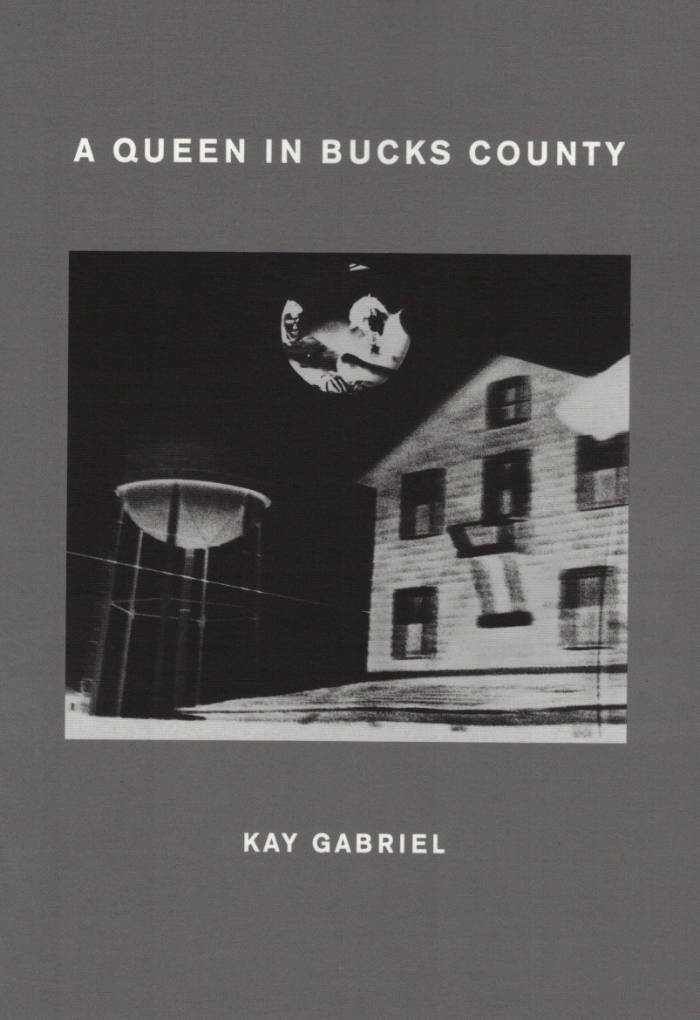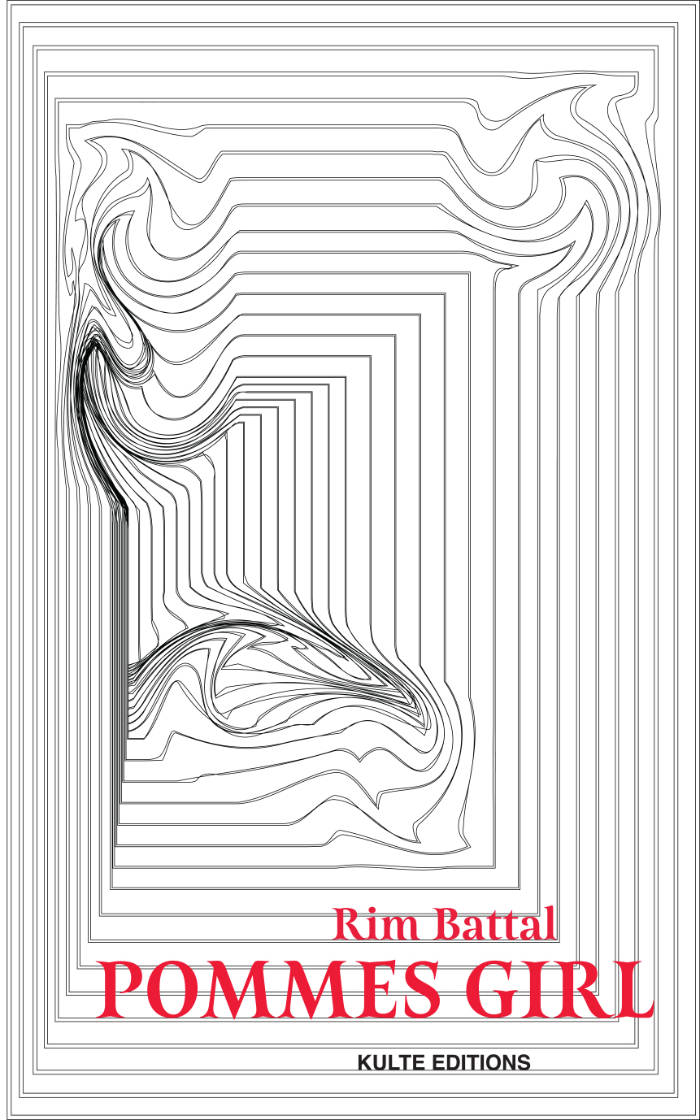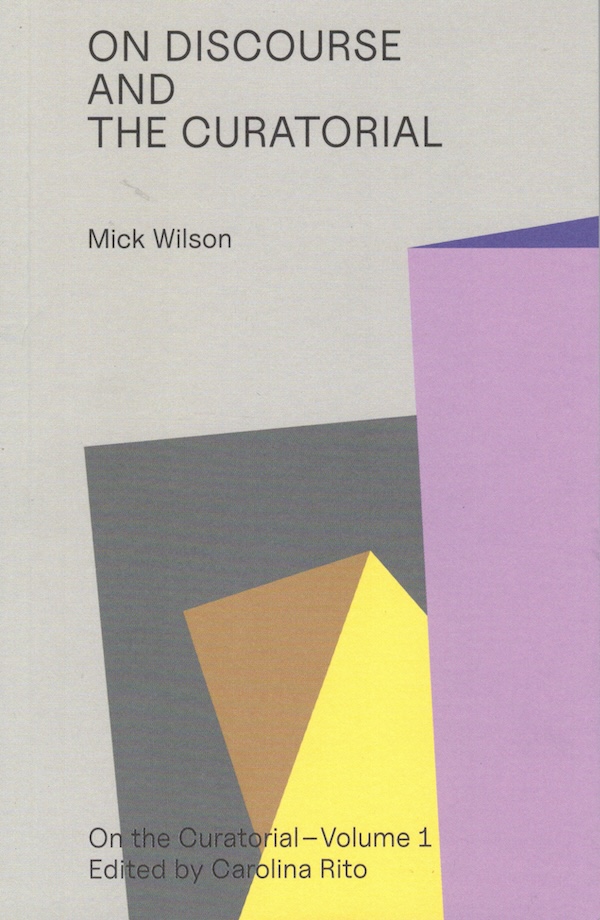
I love you forever is murder
Here, in a work of trans pessimism, amy etherington asks what love and grief mean in a world that wants you dead. Speaking to a structural, architectural violence, I love you forever is murder imagines transness as an exit, which then implies a reentry. Understanding love and grief as inextricably entangled, etherington examines how trans people are often met with grief by those who claim they love them.
Part break-up text, part grief-oriented trans theory, part whispering, pricking, ghostly presence-from-beyond-the-grave, etherington calls upon Lacan through Edelman, Freud, Derrida, and the voices of friends, writing with an aching warmth and confessional intimacy that seeks to live, write, go on, after your own passing.
About the Author
amy etherington is an educator–researcher–writer, exploring grief, death and transness and how they sit by the edges of things. Her writing feels through/with a pessimism that there might only be no place for transexuals in this World, itself an imagining wrought from our violent unmaking. Her teaching work seeks ways to resist the institution a little longer from within its grounds, through collaborative investigation of care and caring practices with students. @amy.ether
About a Series of Attempts:
This new series published by Sticky Fingers Publishing explores the essay form through the etymological root of essay: to try, trial or attempt. In 1508, French theorist Michel de Montaigne published a collection of 107 texts called Essais, described by his contemporaries as ‘self-indulgent and embarrassingly confessional.’ It is through these roots we find the attitude and intentions at the heart of this series; that through thinking together, through trying to figure it out on the page, we can reach new and increasingly nuanced ways to understand each other and the worlds we inhabit.
Sticky Fingers Publishing is an intra-dependant press based in London. We are a feminist, queer, disabled-led publisher producing work at the intersection of design, academia, art, visual culture and performance.
Language: English







